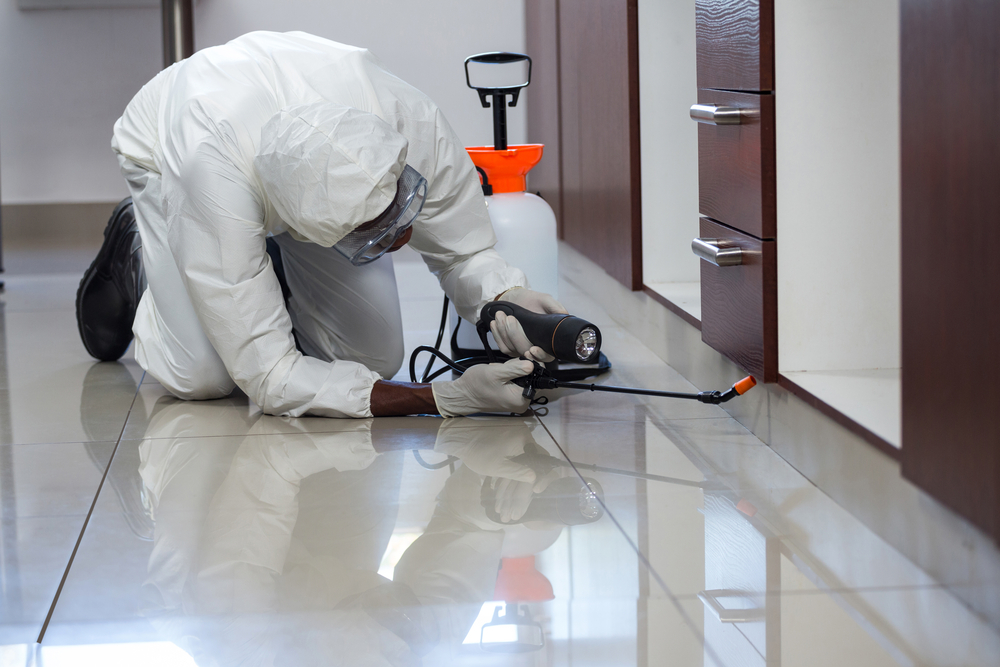
It doesn’t matter who rents out the house or lives there. What does is that controlling pest invasion is mandatory for a wholesome environment. By default, this makes responsibility a thing for both parties. Although when we talk about responsibility, it might be seen differently between the landlord and tenant.
Pests are destructive and extremely bothersome. This is what makes preventive interventions earnest when they are noticed anywhere around. But who then pays the price for contracting a pest control service in a case of infestation?
Primarily, a landlord should be sure of habitability before renting or leasing out a property. Such an individual’s precautious acts should include checking the apartment after previous occupants have left to ensure it’s in the best state. In a case where the house has been vacant for a while, different insects and pests might have settled and nested in. What next is decluttering or fumigation by the owner.
That said, your landlord may not do well with fixing up on all of those. If this scenario fits yours, then can you as the tenant make a case of irresponsibility against him or her. The cost of hiring a pest control contractor depending on the extent of infestation will be met by your landlord.
Conversely, you may incur or perhaps bring pests into your apartment. You shouldn’t expect your landlord to put up with the bills here. In fact, arguing the case with your lessor won’t work out to make him or her responsible. When this is the situation, you’ll have to make efforts immediately to prevent their spread. This involves you getting the right pest treatments or employing someone to help you with the process.
Thankfully, some state laws are in place to make this less of a sentimental debate. These laws reiterate accountability from both landlords and tenants. Also, inclusive are some lease agreements recognized and endorsed by both parties. Some of these enactments are even more extensive than what has been mentioned previously.
For example, owners are concerned to some extent with the pest prevention process. This encapsulates periodic pest control for the rental home. Moreover, they will need to make their tenants aware and maybe consult them on techniques to use. Mutual understanding makes a successful rental with respect to pest control.
In addition, a thorough investigation should be conducted on about-to-be leased properties. Wall cracks, broken seals, dripping pipes, bad doors, and windows should be replaced or repaired. For the tenant, after all these are in place, all they’d do is follow suit with cleanliness and proper hygiene to keep pests away.
Breaking lease agreements and state laws attract fines. This is dependent on your region or state. The bottom line is: to be free of pest invasion, you’ll need to exterminate rodents, ants, bugs, and termites at the first glimpse of their appearance.
If you have doubts about products to use, you should inquire from professionals. Click here to get consultations and services concerning pest control. All you need is a perfect product to be free from a home of pests.
Comments are closed.